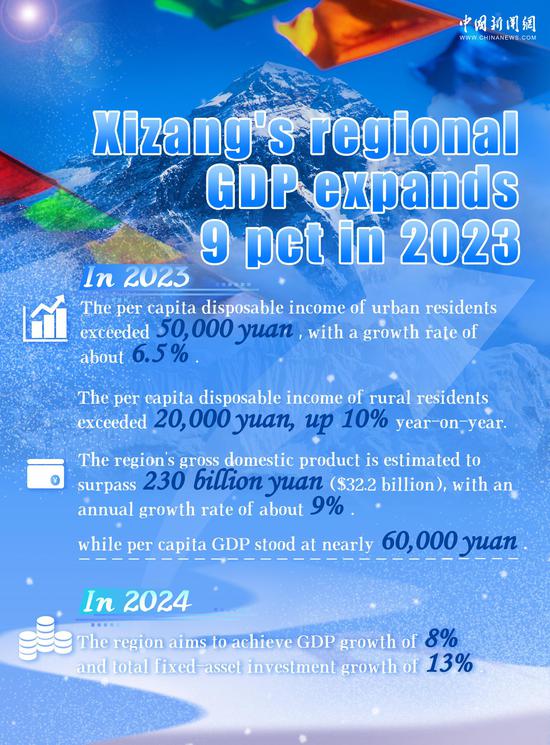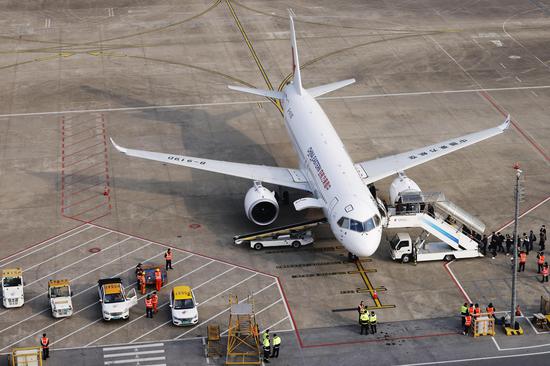Researchers have suggested that it's time for youngsters to say no to the allure of candies, cakes and barbecues, in light of an alarming increase in the number of overweight children in China.
They proposed several methods of intervention such as imposing a 20 percent tax on sugary drinks, restricting the promotion of unhealthy foods, and establishing school-based programs to address childhood obesity.
Among Chinese children through the age of 18, the rate of being overweight or obese has surged 400 percent since 2000. If the trend continues, about 60 percent of children in China, or 170 million, will be overweight or obese by 2030, said Zhang Man, a member of a research team at the School of Public Health at Peking University.
Zhang, whose team is led by Ma Guansheng, one of the nation's leading nutritionists, made the remarks at a conference of experts held on Tuesday in Beijing.
Being overweight or obese is usually defined in terms of the body mass index, which is calculated by dividing a person's weight in kilograms by the square of their height in meters. The standard BMI changes depending on a child's age.
Being obese, as opposed to merely overweight, indicates a more severe and potentially health-threatening excess of body mass, which may lead to diseases such as hypertension, hyperuricemia, diabetes or asthma, as well as psychological problems, experts said.
Pilot projects for school-based intervention were launched in December in schools in seven cities including Beijing and Chengdu, Sichuan province, by the National Institute for Nutrition and Health of the Chinese Center for Disease Control and Prevention.
In the participating schools, nutrition and health classes are organized for students to impart knowledge and related skills, and canteens provide various fresh vegetables, fruits, whole grains and an appropriate amount of meat, said Zhang Qian, a researcher at the institute.
Students also do 60 minutes of moderate — to high-intensity exercise, and stores inside and near the campus are not allowed to sell high-fat, high-salt or high-sugar foods.
In addition, teachers will inform parents about health risks and, when needed, suggest that they consult a doctor, she said.
The program "aims to effectively control the growth of the obesity rate on the campuses and form a model to be applied across the country", she added.
Ali Shirazi, chief of the Child Health and Development Section of UNICEF China, said that globally, more children are overweight or obese, with low- and middle-income countries having the largest population of obese children.
"The government can also subsidize fruits and vegetables, so that more poor families can have access to them," he said. "It's a responsibility shared by everyone — policymakers, schools, parents and children themselves," he said.
Chang Suying, a UNICEF China nutrition specialist, said an environment that leads to high-energy intake and sedentary behavior increases the risk of children being overweight or obese.
"For example, children are exposed to various high-fat and high-sugar foods at low prices, food doesn't have precise labeling to show its content, and other factors make it difficult for consumers to make healthy choices," she said.


















































 京公网安备 11010202009201号
京公网安备 11010202009201号